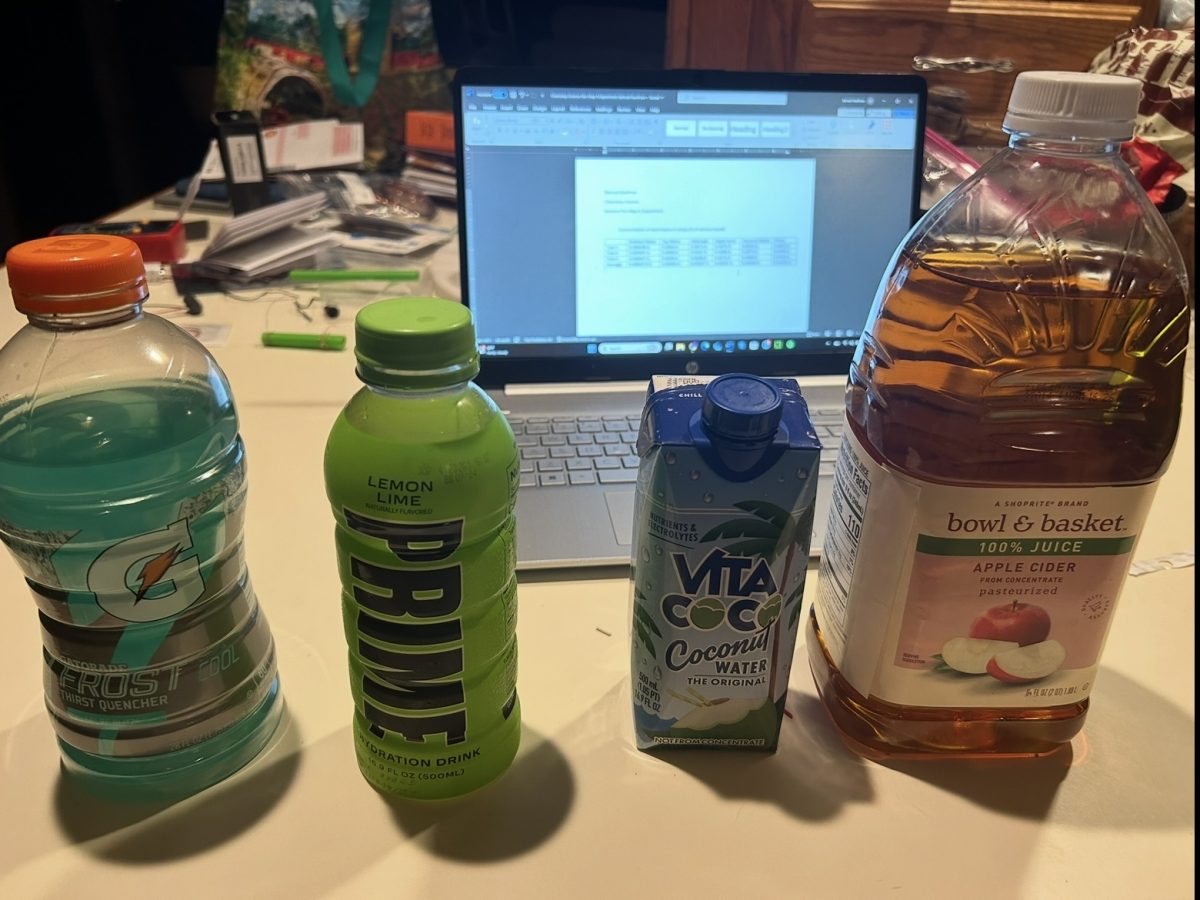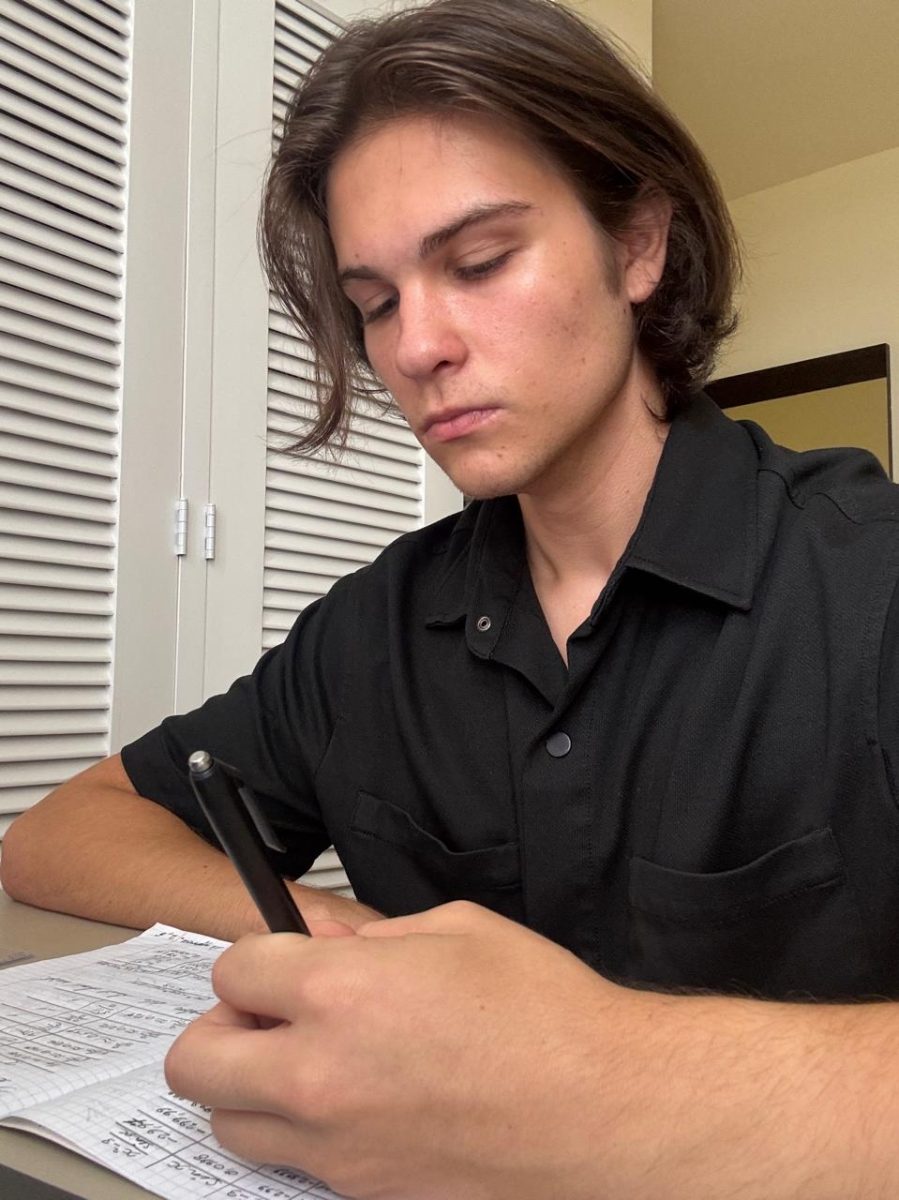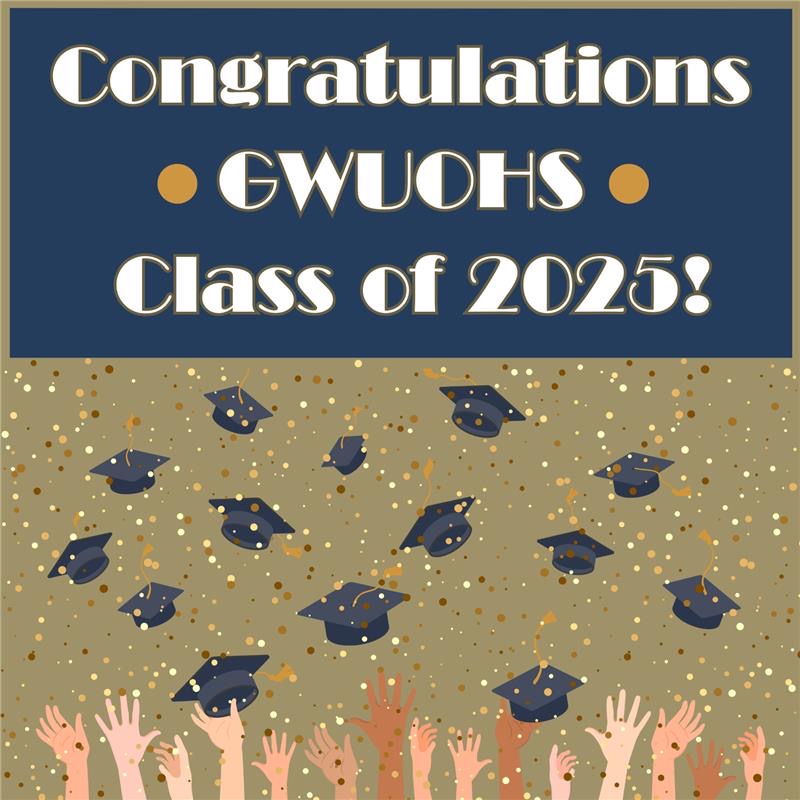This year’s GWUOHS science fair is underway as honors science students have begun preparing and researching their experiments. The event creates a platform for students to explore scientific questions, apply research methods, and compete in a judged competition open to the school community. Winners will be announced at the second semester awards ceremony during the last week of the school year.
As students embark on their scientific journeys for the science fair, science teachers and last year’s winner offer encouragement and guidance. All of them state the importance of one’s passion for their chosen topic and the need for meticulous planning. In particular, GWUOHS science teachers emphasized how important it is for students to choose a project they genuinely care about.
“It’s really important that you like what you’re researching,” said Dr. Whitney Keaton, who teaches chemistry and leads the science department GWUOHS. “Your interest in it will also help you to create a better project and a better presentation of your results.”
Biology teacher Patrick Kulp echoed this advice.
“This passion will keep you engaged and help you persevere through any challenges you might face.”
Similarly, Elloree Cox, who teaches earth science, added that “you should have fun with the experimentation and learn something new.”
Sophomore Samuel K, who won last year’s grand prize, concurred that interest is of the utmost importance, reflecting on his project which investigated the electrolyte content of different drinks. He credited his success to choosing a topic relevant to most people and putting in the time to prepare and present well.
“Do something you are interested in,” he said. “The project may be time consuming or difficult, but if you are doing something that works for you specifically, you will have an easier time completing the project and will do it better because you are more invested in it.”
Cox offered practical strategies for managing the project timeline.
“The best way is to mark each due date and PZD highlighted on a personal calendar,” she said. “Then, a week prior to each due date, mark ‘check-in’ dates as checkpoints of progress so that no due dates sneak up on you.”
Teachers also reminded students to keep their experiments focused and safe.
“Keep your hypotheses clear and your experiments well-structured,” said Kulp, noting that this is especially important in biological sciences.
Keaton emphasized safety precautions, particularly when working with chemicals. She also advised students to work with each other during the early stages.
Despite the fair’s competitive aspect, the teachers agreed that the value lies in the process of discovery.
“My favorite part of the science fair is talking with my students about their projects,” said Keaton. “I love hearing their ideas and then seeing how they creatively test their questions.”
Last year’s grand prize winner, sophomore Samuel K, also shared reflections on the science fair. Like many participants, Samuel’s favorite part of the fair wasn’t just his own work — it was seeing what others had created and learning from their projects.
This year, sophomores Colton F. and Dominic F. are participating in the science fair.
For his project, Colton is testing whether fertilizers and additives affect the rate of plant growth. Dominic’s project is about dissolving capsaicin in different liquids, which he said “oddly doesn’t really have any research.”
However, Dominic and his peers are still in the early planning phases of their projects.
As the fair approaches, one thing is clear – whether students are testing chemical reactions or investigating plant growth, they’re all united by curiosity and the drive to discover something new. Meanwhile, teachers look forward to seeing what students come up with and learn.
“My favorite part of the science fair is seeing the variety of projects and the creativity students bring to their work,” Kulp said. “It’s incredibly rewarding to see students excited about sharing their discoveries and insights.”





